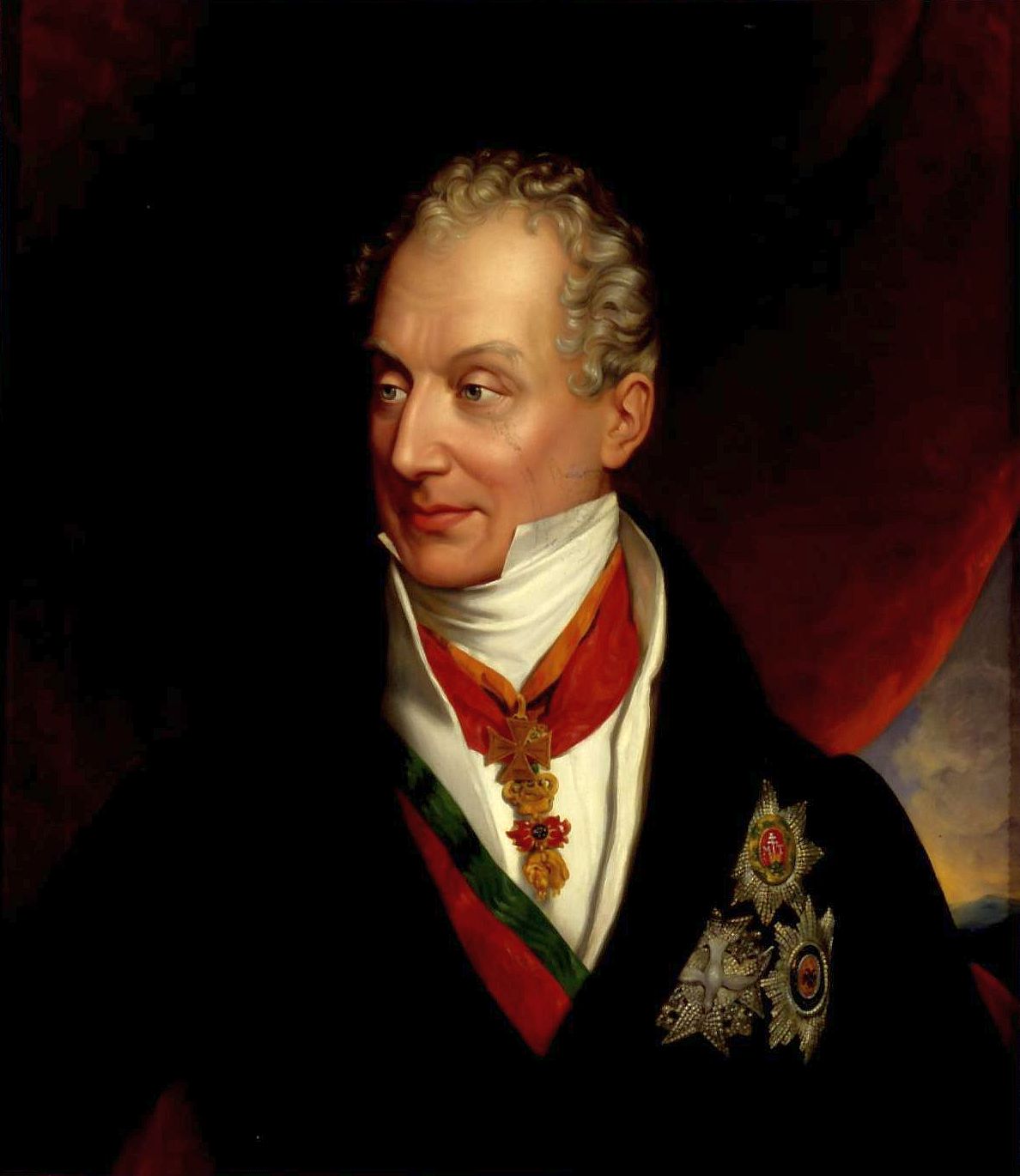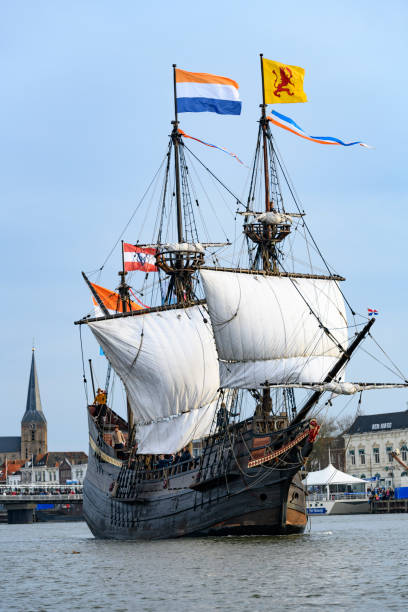
Sultan’s Palace, Alexandria, Egypt, January 1, 1847
Muhammad Ali was dying.
His years had been successful, Egypt was led to greatness and prosperity and even a measure of hegemony over the petty states of the Middle East under his reign. However, he had alienated many people not just with his brutality, which he could have gotten away with, even turned into a strength, but also with his defiance of tradition plus the demeaning concessions with which he had secured the vast majority of his dominions against the overwhelming power of Britain. And now, with his son Ibrahim dying from tuberculosis as well and his grandson Abbas already dead, some suspect by his own command, it was the former’s task to hold back the tide of discontent which was still simmering in the areas where opposition to the Sultanate remained strong.
As the former Pasha, now Sultan, of Egypt lay on his deathbed, surrounded by his doctors, caretakers, servants, and relations, he looked around uncomprehendingly at first, gripped by the increasing senility which had arrived with his advancing years. Then, a glint came into his eye as he looked at his son, sixteen-year-old Sa’id, who was now the next in line (once Ibrahim had died) after Abbas’ death through poison administered in his wine. Then he said in a raspy voice:
“Even before I die, send out an army to Syria across the Suez - The British will be obligated to allow our passage, lest any rebels threaten their precious canal, more worth to them than a dozen cities. This army will be composed of conscripts from Egypt itself and several battalions of Sudanese, in order to make the instructions forwarded to them easier. What are these commands? To take hostages among the leading families of each town and city, and burn out any rogue shaikh, Bedouin tribe, or discontented noble who want to bring back the backwardness and chaos of the past.”
The hard edge came back to his voice as he continued, “At the same time, another army is to be sent down to the Sudan, where the ungrateful natives of the region claim the right to revolt due to our ‘oppressions’. As if The Highest himself did not smile upon me and justify my actions! Similar instructions are to be given to this force - Take hostages and give punishment for any hint of revolt!”
He coughed, his death was near indeed. “As for the Sharif of Hedjaz… Heap him with high honors and a reminder that any rebellion in Arabia will open the gates to the return of the heretical followers of Ibn Wahhab and his ilk. Hint at a marriage between my son and heir,” Sa’id then looked at him with some surprise at being mentioned, “And one of his daughters, a purest Sayyida who carries the line of the Prophet - Peace Be Upon Him - himself.”
Sa’id’s eyes opened wide at that - His father was shooting high, indeed, if he was aiming for one of his son’s future brides (for their religion allowed for four wives) to come from such a family. No, Sa’id knew that any sons he would bear with his future wife could claim the dignity of the Caliphate itself, and thus usurp another of the Ottoman Sultan’s shrinking raft of titles. He bowed before his father, amazed at his wisdom.
The Sultan of Egypt then took off his turban and put it on Sa’id’s head, saying, “You are the one and only successor to my throne - I have crossed many lines and risked hellfire to ensure that this is so. Now take up the sword as well as the throne, and do not shirk from taking the blood of rebel and ingrate!”
An oblique admission that Abbas’ death was indeed caused by him, and exhausted by this last movement, as well as his outburst, Muhammad Ali of Egypt lay down and finally expired, the boundless energies which he had put into administration and conquest both finally dissipating.
But for Sa’id, now Sultan Sa’id, once known only for his Francophilia and fascination with Western ways, the flames were just beginning to burn.
“Gather the leading men of the court, city, and army here immediately and have them pledge their allegiance. Muster the needed forces and send the needed messages, now. We will not let what my father has built fall down just because of the jealousy of blind and old men!” he barked out with surprising ferocity. “Egypt will stand!”




